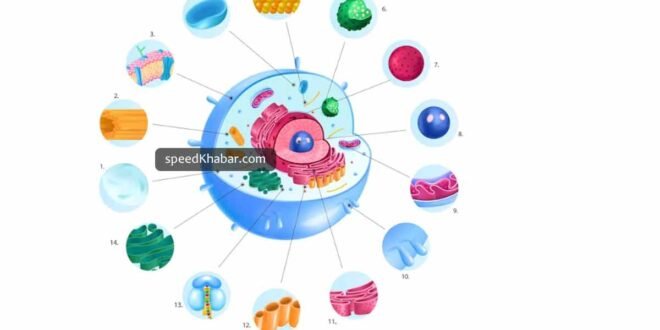The rot pace of human cells fluctuates relying upon the cell type and its area in the body. A few cells, like skin cells, have a somewhat short life expectancy of around 28 days. Different cells, for example, heart muscle cells, can live for quite a long time.
The typical life expectancy of a human cell is around 7-10 years. In any case, the rot pace of cells can be advanced quickly by various variables, including:
Maturing: As we age, our phones become less productive at fixing themselves. This can prompt an expansion in cell harm and demise.
Natural elements: Openness to poisons, for example, tobacco smoke and radiation, can harm cells and speed up their rot.
Way of life factors: Less than stellar eating routine, absence of activity, and persistent pressure can likewise harm cells and accelerate their decay.
There are various things we can do to dial back the rot pace of our cells and advance cell wellbeing. These include:
Eating a sound eating regimen: Eating an eating routine wealthy in natural products, vegetables, and entire grains gives our cells the supplements they need to appropriately work.
Practicing routinely: Exercise assists with further developing dissemination and advance cell fix.
Getting sufficient rest: Rest is fundamental for cell fix and recovery.
Overseeing pressure: Constant pressure can harm cells and speed up their decay. Tracking down sound ways of overseeing pressure, like yoga or reflection, can assist with safeguarding our cells.
It is critical to take note of that cell demise is a typical piece of life. Nonetheless, by following the tips above, we can assist with dialing back the rot pace of our cells and advance cell wellbeing.
